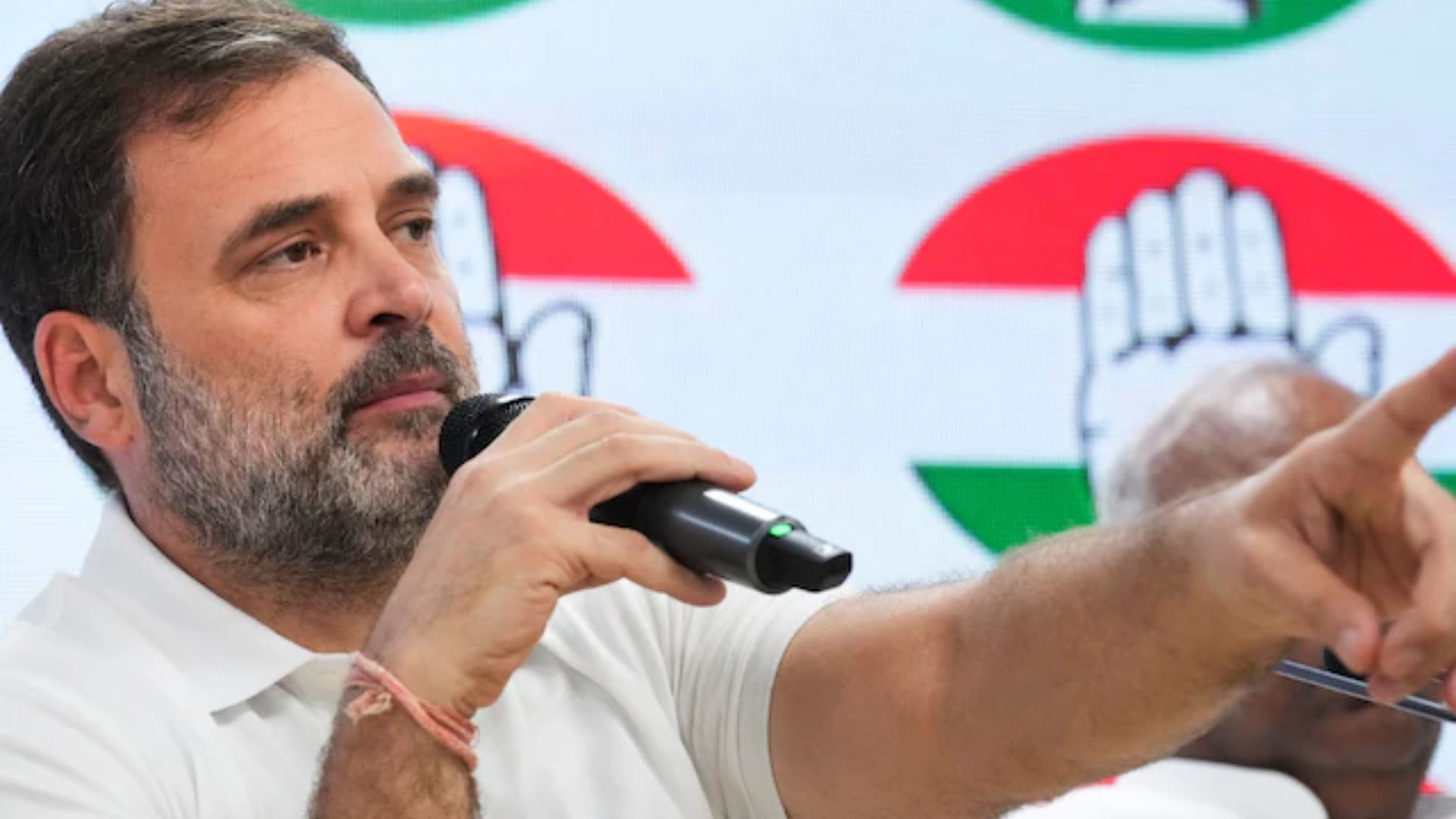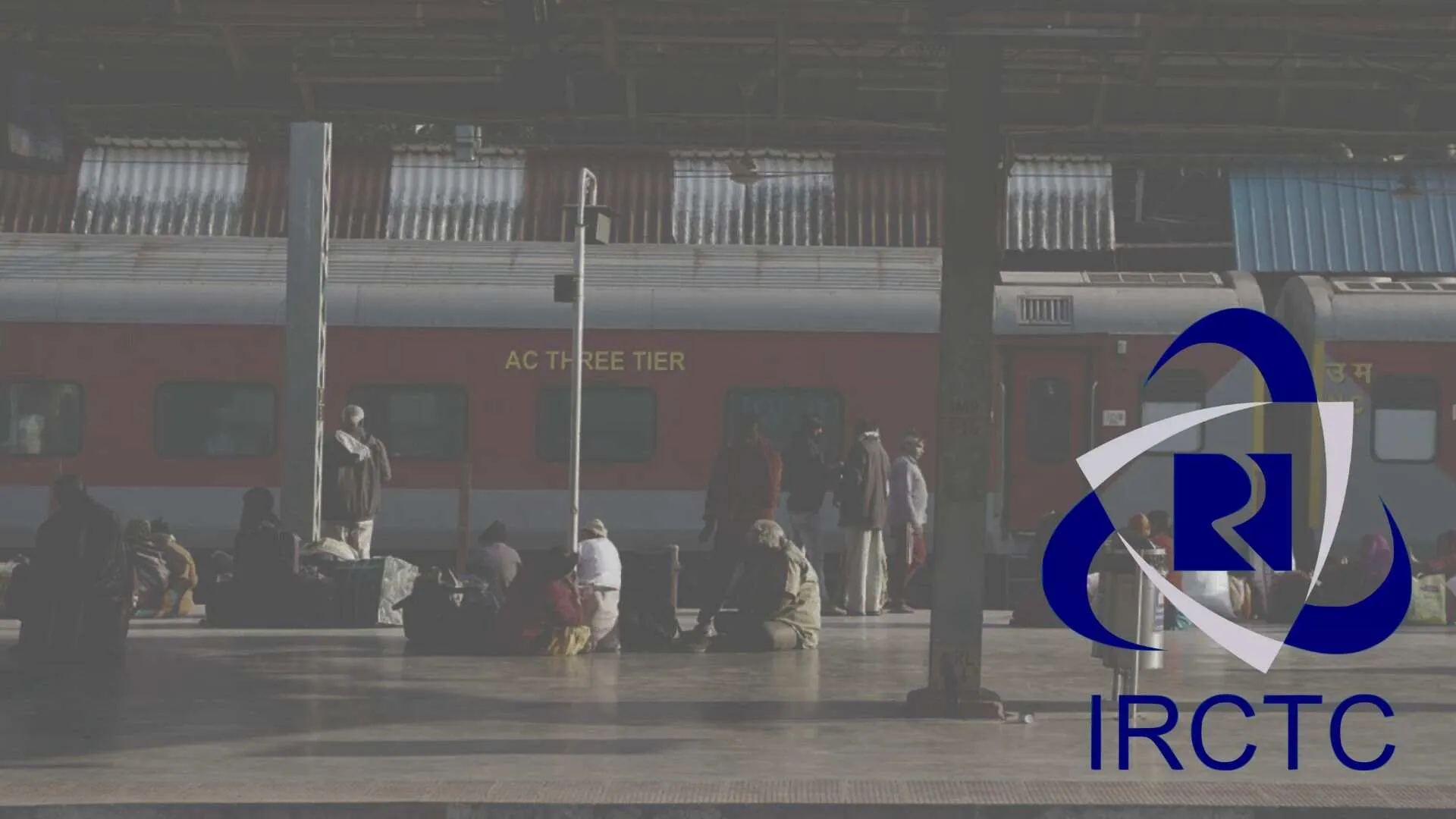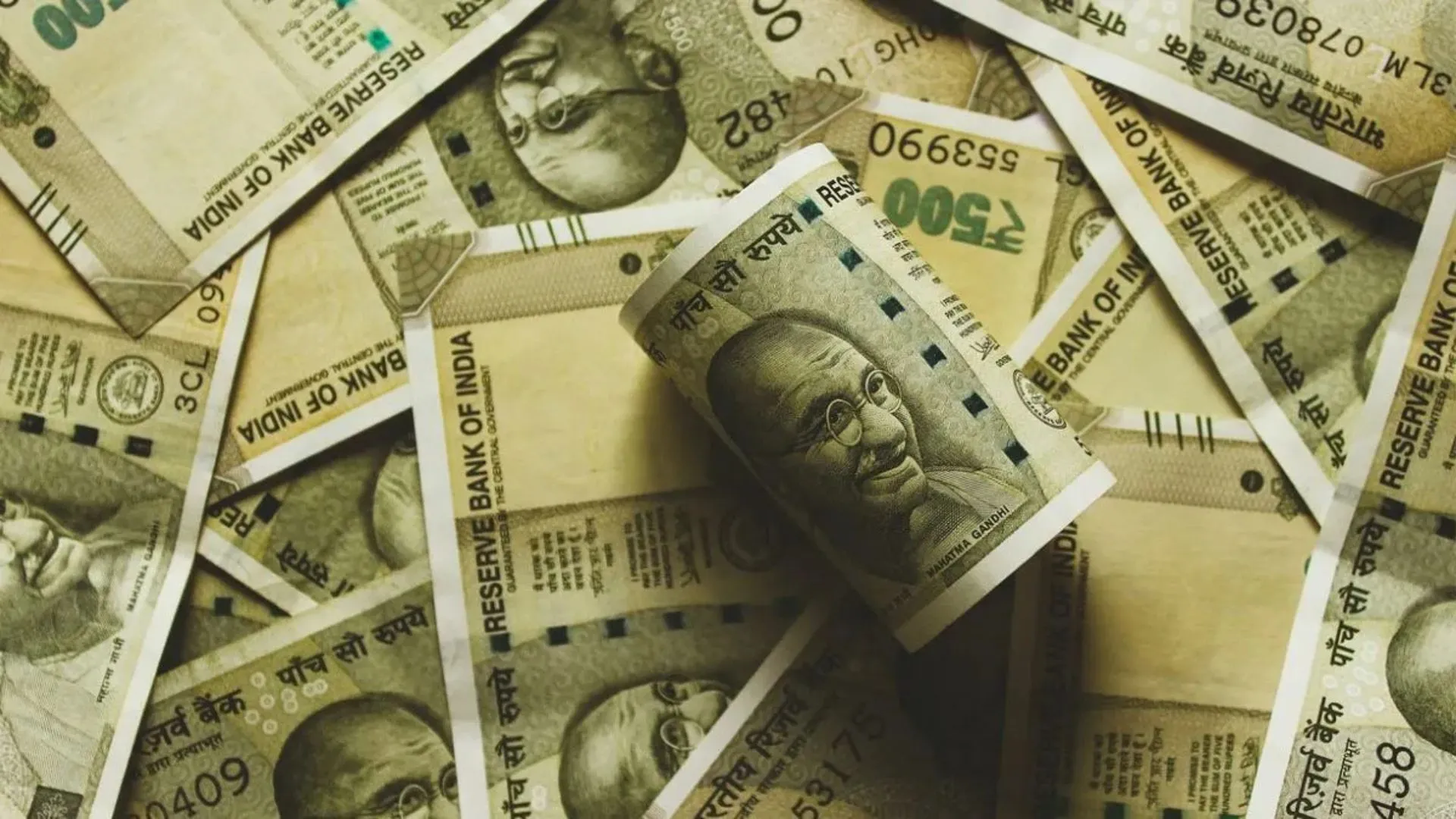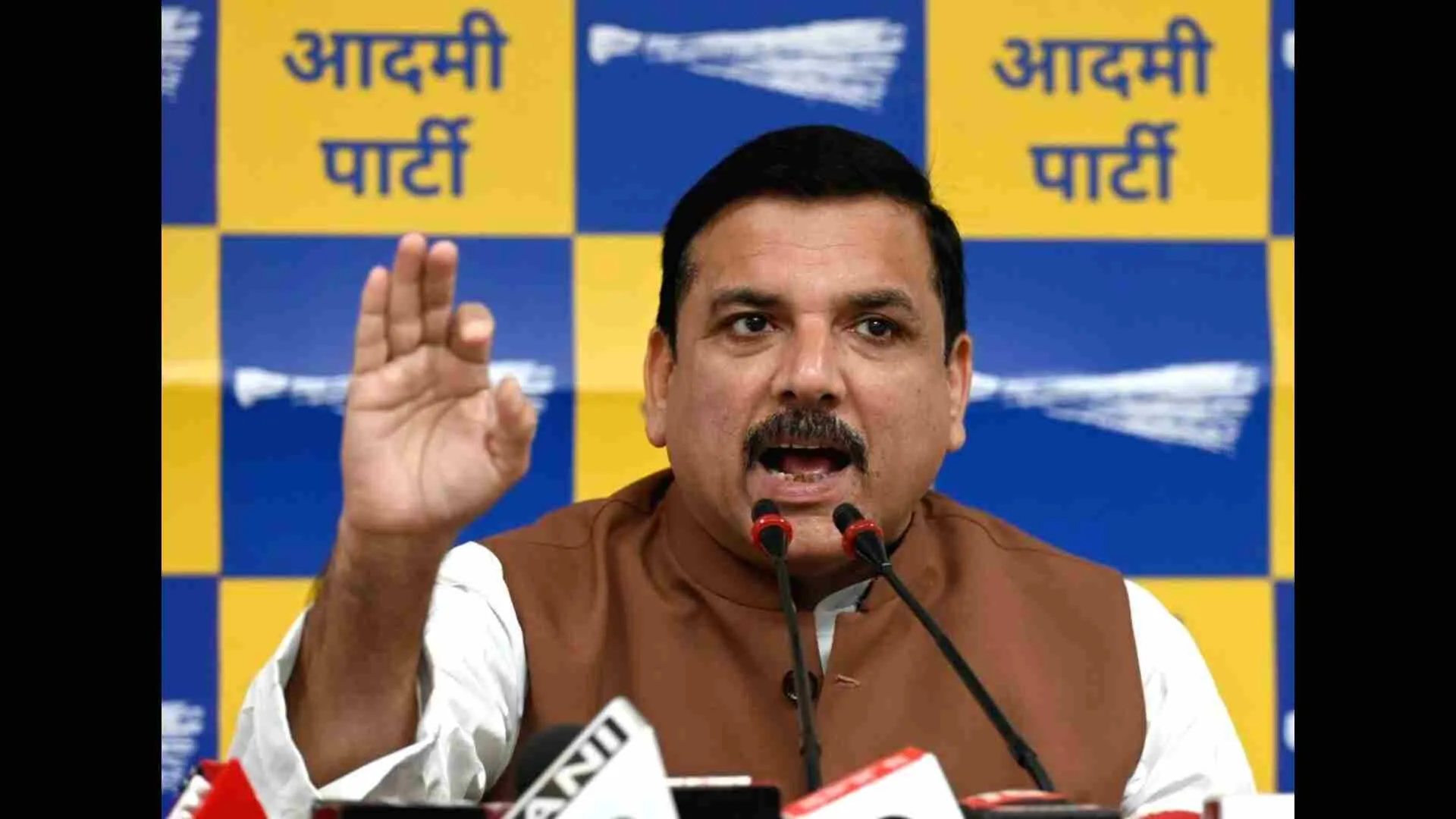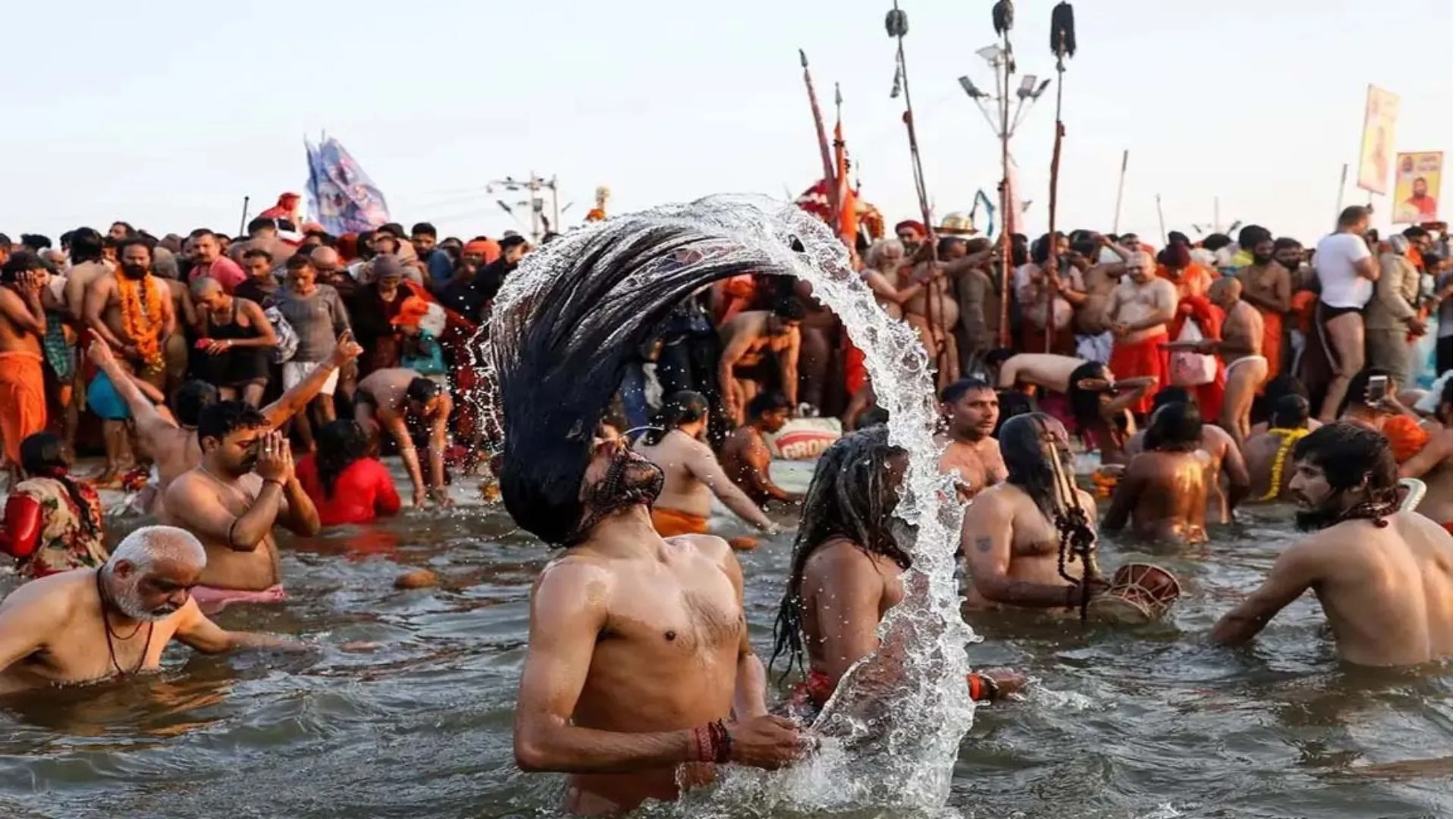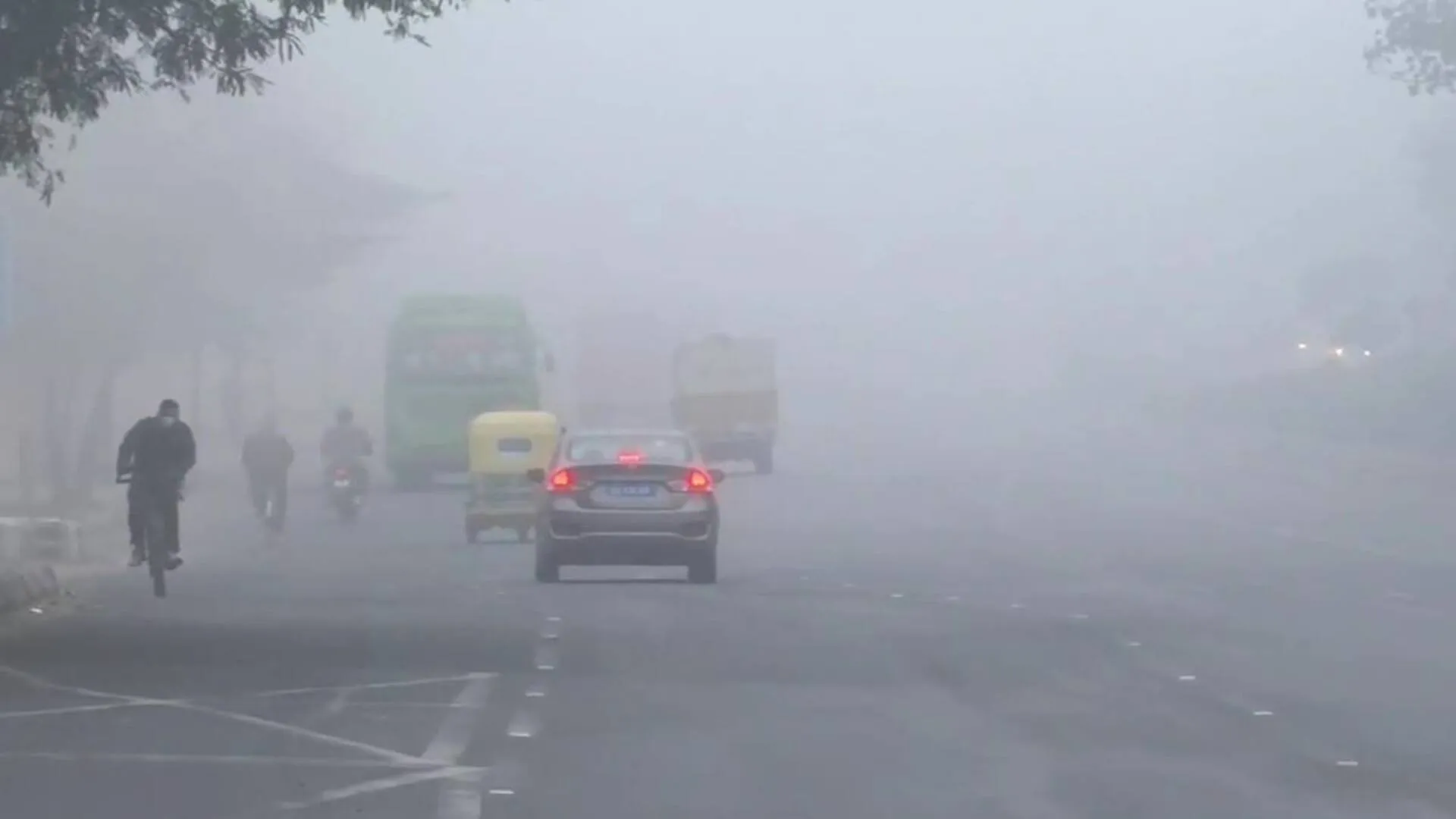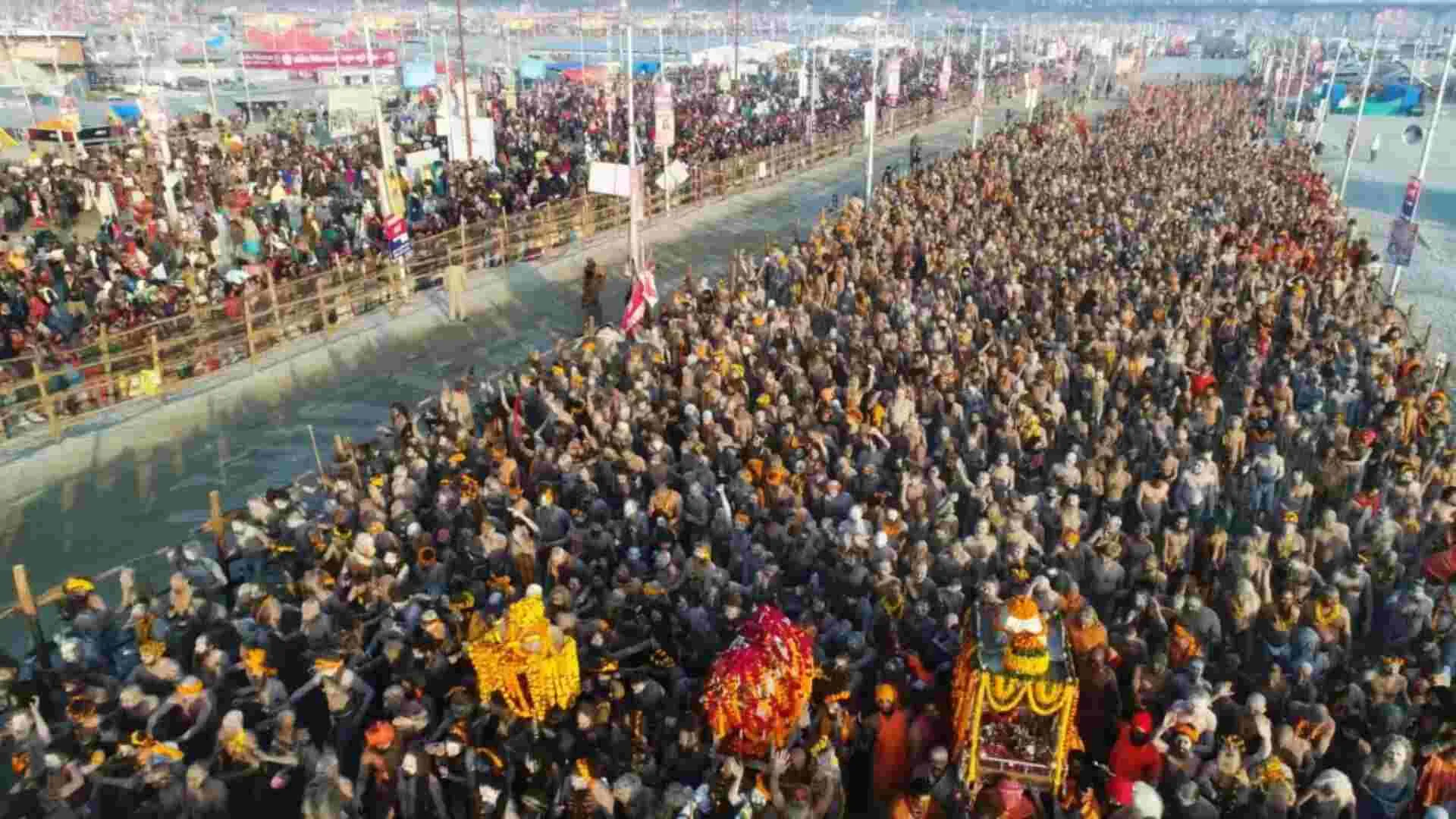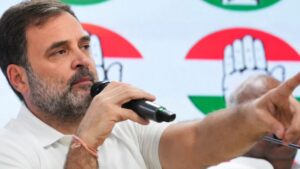In a decisive move, the Congress party passed a single-line resolution on Saturday to appoint Rahul Gandhi as the Leader of the Opposition in Parliament.
The decision was made during a meeting of the Congress Working Committee (CWC) at Hotel Ashok in New Delhi, attended by key figures including party president Mallikarjun Kharge, Sonia Gandhi, Rahul Gandhi, Priyanka Gandhi Vadra, and other senior leaders.
Following the meeting, Congress General Secretary KC Venugopal stated, “The entire CWC is charged up. This is the revival of the Congress party… Everyone said Congress was finished. We had to fight against the exit poll also…Now the revival of the Congress party has started. This is the sentiment of the CWC.”
Venugopal added that the CWC unanimously urged Rahul Gandhi to assume the role of the Leader of the Opposition in the Lok Sabha. “Rahul ji is the best person to lead this campaign inside the Parliament. He heard the sentiments of CWC and he will take a decision very soon,” Venugopal said.
Privileges of the Leader of the Opposition in Parliament
The Leader of the Opposition (LoP) in the Lok Sabha holds significant privileges and responsibilities. To be eligible for the LoP post, a party must hold at least 10 per cent of the seats in the Lok Sabha.
The LoP is a member of crucial committees such as Public Accounts, Public Undertakings, and Estimates. Additionally, they participate in various Joint Parliamentary panels and serve on selection committees responsible for appointing heads of central agencies like the Enforcement Directorate (ED) and Central Bureau of Investigation (CBI), as well as chiefs of statutory bodies like the Central Vigilance Commission (CVC) and the Central Information Commission (CIC).

